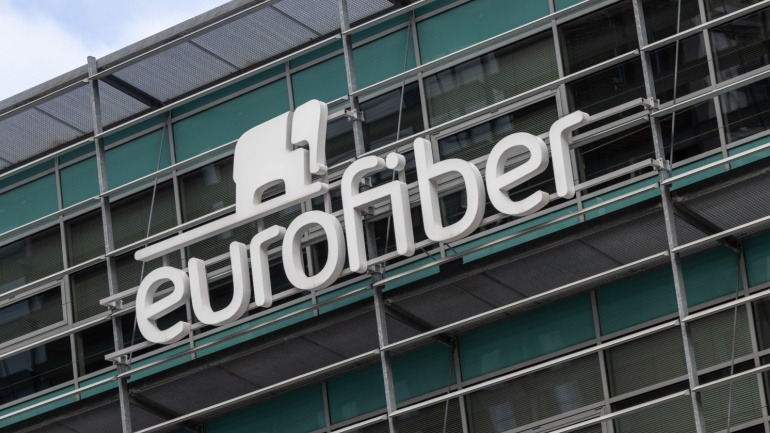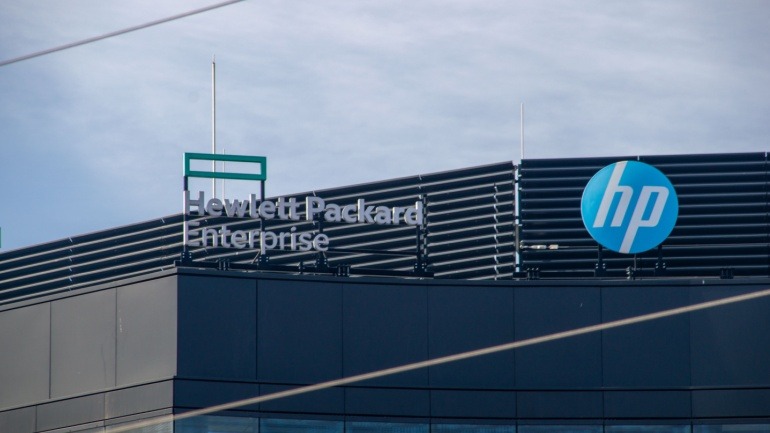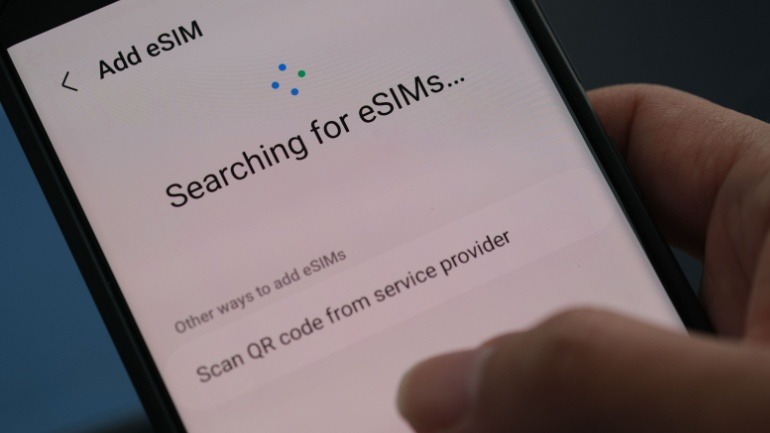The projected partnership between HPE and Juniper could prove a turning point for HPE’s strategic progression. It is proposed that it will accelerate HPE’s shift towards more lucrative, high-growth solutions while bolstering its high-margin networking business. It is predicted that towards the close of the first year, the merger will positively influence the company’s non-GAAP EPS and free cash flow.
This alliance is expected to effectively double HPE’s networking business, establishing a new networking leader. The cooperation comes at a time when there’s a surge in demand for secure and unified technology solutions due to the rapid growth of AI and hybrid cloud-driven businesses. The trends of AI are proving to be the most disruptive for companies and HPE has aimed its portfolio towards these significant IT trends, with networking being an essential connecting component.
The fusion of HPE and Juniper’s complementary portfolio will aid HPE’s edge-to-cloud strategy to lead successfully in an AI-native environment anchored on a foundational cloud-native architecture. Together, both companies are set to provide comprehensive portfolio that enables the necessary networking architecture to manage and simplify their connectivity needs, which are becoming more complex. Utilizing industry-leading AI, the new entity aims to create better user and operator experiences which will benefit customers’ high-performance networks and cloud data centers.
Juniper, with its suite of cloud-delivered networking solutions, software, and services, including Mist AI and Cloud platform, equips organizations to securely and effectively access the crucial cloud infrastructure foundational to their AI strategies. In joining HPE’s Aruba Networking and AI interconnect fabric intentionally structured for HPE’s AI needs, it is expected that the partnership will lead to even more modernized networking optimized for hybrid cloud and AI.
“HPE’s acquisition of Juniper represents an important inflection point in the industry and will change the dynamics in the networking market and provide customers and partners with a new alternative that meets their toughest demands,” said Antonio Neri, HPE President, and CEO. “This transaction will strengthen HPE’s position at the nexus of accelerating macro-AI trends, expand our total addressable market, and drive further innovation for customers as we help bridge the AI-native and cloud-native worlds, while also generating significant value for shareholders. I am excited to welcome Juniper’s talented employees to our team as we bring together two companies with complementary portfolios and proven track records of driving innovation within the industry.”
“Our multi-year focus on innovative, secure AI-native solutions has driven outstanding performance,” said Rami Rahim, CEO of Juniper Networks. “By joining HPE, I believe we can accelerate the next phase of our journey, which will maximize value for our shareholders through a meaningful all-cash premium. We look forward to working with the talented HPE team to drive innovation for our colleagues, service providers, and cloud customers.”
The benefits of such a partnership are numerous. Financially, the collective company is set to offer attractive top- and bottom-line growth opportunities immediately and in the long term. This merger positions HPE for long-term growth in ventures such as AI and cloud. The enhanced scale and reach of the combined company establish a new industry leader that will accelerate innovation to create more sophisticated networking solution adjusted for hybrid cloud and AI.
Should the agreement be approved, Juniper shareholders will stand to gain from a significant all-cash premium transaction. Upon completion, Juniper CEO Rami Rahim will lead the combined networking business, reporting directly to HPE President and CEO Antonio Neri. The deal, nevertheless, is subject to approval by regulatory authorities and Juniper shareholders and is expected to close between late 2024 and early 2025.







